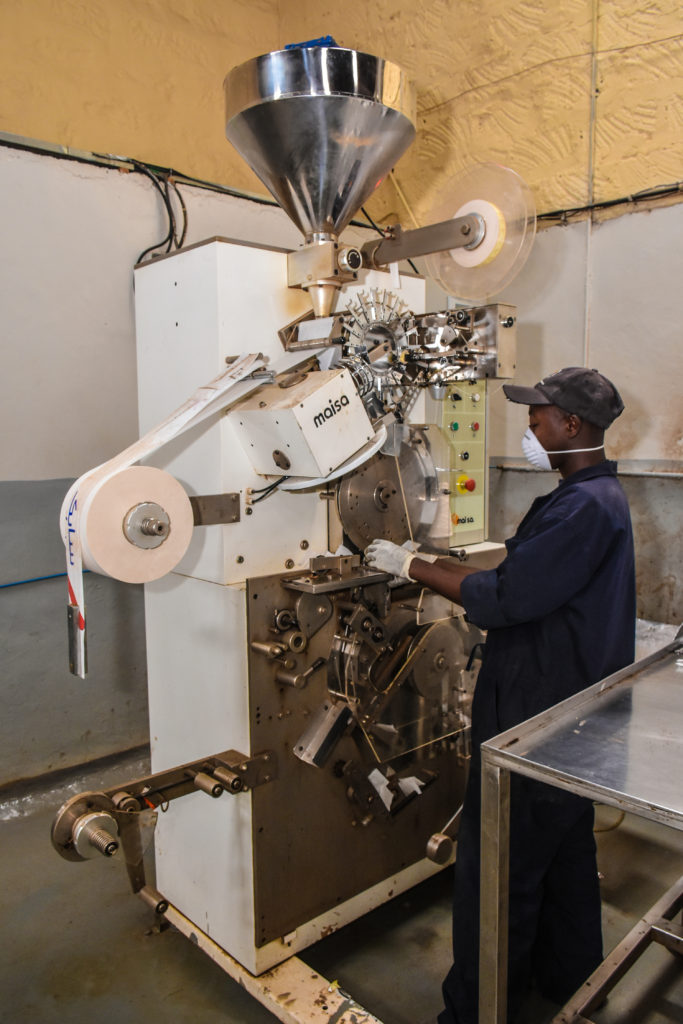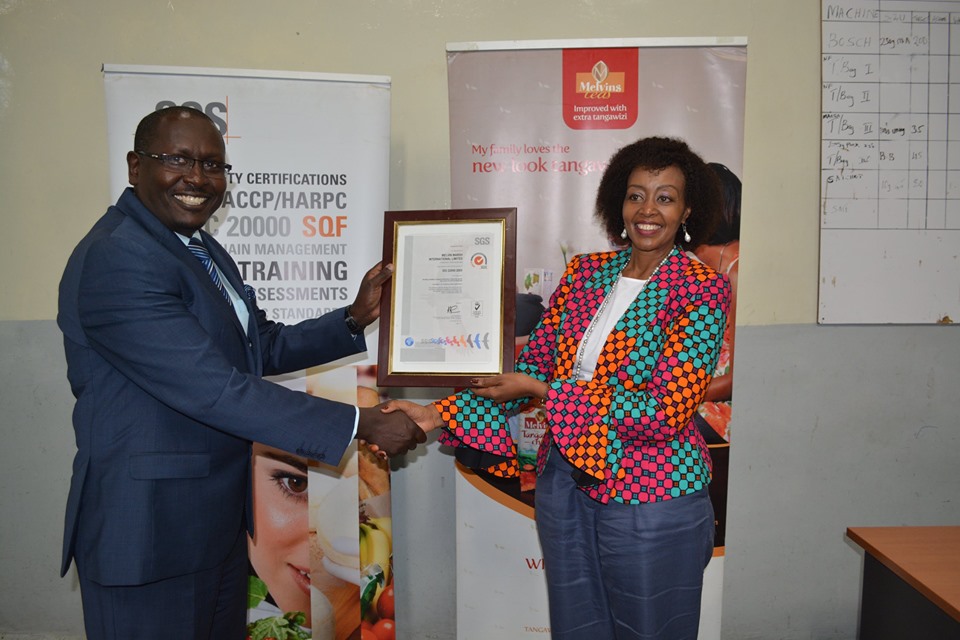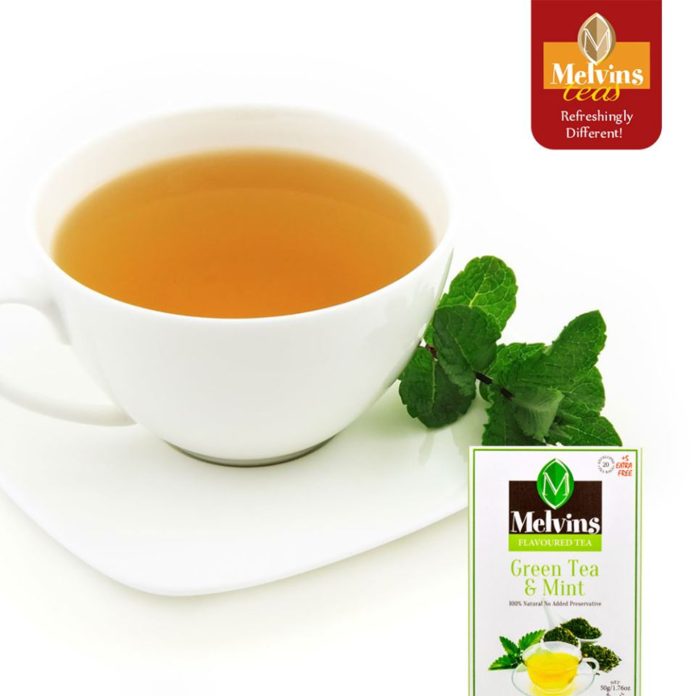By Lilian Museka
Trade and investment are engines of any economic growth worldwide. Improving women’s access to opportunities and removing barriers to their participation in the national and international economies contributes to sustainable economic development.
This is a statement that came out during the Joint Declaration on Trade and Women’s Economic Empowerment on the Occasion of the WTO Ministerial Conference in Buenos Aires in December 2017.
The declaration acknowledged that there is a need to develop evidence-based interventions that address the range of barriers that limit opportunities for women in the economy and recall Goal 5 of the sustainable development goals in the UN 2030 Agenda for sustainable development which is to achieve gender equality and empower all women and girls.
This affirms that women are highly involved in the economic development of any society and their participation will encourage the growth and participation of other women in building their talents.
In a bid to fulfill the Big Four Agenda, the need to provide women with opportunities will, therefore, increase opportunities and see a rise in the GDP contribution.
However, Ms. Flora Mutahi, CEO and Founder of Melvins Marsh International notes that the implementation, monitoring, and evaluation of these progressive steps by the government needs to be actualized for the effective growth of women in the value chain.

Having established the company against all odds, Mutahi affirms that with the much-required support, women can change the economy of this nation.
Having ventured into the tea sector, she notes that the commodity remained Kenya’s top foreign exchange earner at 32.6 billion shillings despite a decline of 10.1% as a result of lower international prices in 2018. This is according to the 2018 Quarterly Balance of Payments (QBOP) by the Kenya National Bureau of Statistics.
And with the introduction of flavored varieties of tea, it has created a robust consumer purchasing behavior that is now giving the traditional non-flavored tea a run for its money.
“The global flavored tea market is growing rapidly, mainly due to its popularity, especially among the health-conscious populace. That is why we ventured into the idea,” She says.
The company, trading as Melvins Tea was the first to introduce flavored tea in the Kenyan market in 1996. Flavored tea has flavor added to it, which can be in the form of herbs, spices, fruits, flowers or other natural flavors. Additives include cardamom, cloves, ginger, cinnamon, apple, jasmine, hibiscus, citrus peel, lemon, lemongrass, and chamomile.
Melvins Tea is a Kenyan company that uses freshly ground spices, which are fully dried, ground to their specification without the use of artificial colors or preservatives mixed for different flavors and packaged in 300 grams carton.

Before Melvin entrance into the market, Flora says she saw a tea market that was flat in the existing brands that were having conventional tea only.
“We introduced flavoring innovation after learning that customers were jaded by conventional tea and would have loved some tea with fresh ginger. It took time to give the new brand a chance as the sector was under monopoly of one brand,” adds Mutahi.
However, Mutahi says after the introduction of the Restrictive Trade Practices Monopolies and Price Control Act in 1988, where the state ensures the promotion of competition by enforcing competitive laws against restrictive business practices by firms, customers began seeking flavored tea and that led to Melvins introducing the product in the market.
Flora says she not only loved flavored tea but also wanted to change the narrative of people going on coffee dates by popularizing tea dates through the provision of the commodity in a variety of forms, adding that Melvins ginger tea and Melvins Premium tea were the first products.
“They were received by the market and have since grown steadily ever since”, she says adding that Melvins boasts of 16 flavors in the market.
The brands include flavored teas (consisting of Tangawizi, Masala, Cardamom, Lemon Twist, sweet cinnamon, very vanilla), black and green teas (which include Chai AFya, Pure Kenya, green tea with lemongrass, green tea, and mint), and finally Herbal and fruit infusions (which include Berry blast, calming chamomile, hibiscus, neem, lemon and ginger tea).
Mutahi says they get their tea from farmers across Kenya, mill, blend, adds flavor and finally package it for sale.
According to Mutahi, Kenyans still do not consume as much tea as it is exported, but that has not hindered the local market from witnessing steady growth in consumption after the introduction of flavored tea.
“Our customers are the youth, upmarket, mass-market, tea enthusiasts and health-conscious people. They wanted something different from the usual plain tea.
Four years ago, Mutahi also opened Melvin’s Tea House, a café selling tea in various forms and flavors. She says that through the shop, they wanted to promote Kenyan drinking culture of tea. We localize our recipes to take advantage of the unique local tea to make creative tastes like purple Orthodox Tea, T-shakes, T-smoothies, iced tea, factory fresh black, and green teas.
Purple tea, a new variant gaining popularity among Kenyan farmers, contains a higher percentage of polyphenols as compared to green and black tea. Polyphenols are naturally occurring antioxidants that are thought to help protect against cardiovascular diseases.
Green tea is rich in antioxidants and does not undergo much processing. It is said to prevent heat-related health issues like high blood pressure. The catechins in green tea have also been said to lower cholesterol and blood sugar.
Black tea, which is also rich in antioxidants, is available in infused variations with herbs and spices such as mint, chamomile, cardamom as well as fruit variations including strawberry, lemon, and orange.
The above combination of locally found herbs offers additional health benefits to the tea drinkers. We also get some raw materials from farmers in Europe that may not be properly blended in the local market.
However, despite other local competitors entering the flavored tea market, Flora maintains Melvins has various varieties, going for fair prices of as low as Ksh. 125 for 25 tea bags. A spot check in some of the leading supermarkets showed that prices for other competing brands range from Ksh. 220 to Ksh. 320 for a box of 20 bags while imported ones range as from Ksh. 250 and Ksh 275.
She also adds that they chose to promote Kenyan brands with most of their products having Swahili names; something she claims gives them an edge in the market.
Mutahi says Melvins is currently exporting its tea through distributors but will soon start direct exports. Kenya’s leading tea importers include Pakistan, United States, Netherlands, Uganda, UK, and other emerging markets which include Sri-Lanka, Switzerland, Somalia, China, India, Ireland, Turkey, Iran, Indonesia, Japan, and Oman.
Like any other woman facing challenges in business, Flora admits that’s she has continuously faced inadequate support to get financial both financial and emotional support. “We need mentors and sponsors to guide us in the path, however, this has never been forthcoming.’

Photo: Courtesy of Melvins Tea
She also adds that most laws, policies, and cultures are built on patriarchal systems and most women struggle to find their way up in the dominated masculine society while facing stigma and discrimination. She adds that there is a need for the government to implement the existing gender policies that address disparities to illuminate investment decisions.
Mutahi, however, urges women to keep the fight on, support one another and seek mentorship from stakeholders with a passion for women’s growth.
Other challenges specific to the tea sector include; despite the number one export earner, which contributes to about 11 percent of the agriculture sector’s share of Gross Domestic Product (GDP), the tea sector has been ignored by structural policies.
“For example, taxes imposed on the sector are very high considering a charge of 1 percent levy on tea sold at a weekly auction in the port in Mombasa and 16 percent value-added tax on tea processed and consumed locally. This needs to be reviewed to give the sector a favorable growth environment,” she states.
Other challenges she mentions include the government’s high expectation of the sector to contribute 33 percent yet offering little help on price and exchange fluctuations, high cost of production, infrastructural and logistical challenges in the country.
Mutahi also mentions that the country has over-relied on traditional markets who have been accounting for over 88 percent of total sales, despite the sales dropping. She urged the government to explore more markets for export.
The consistency of the surplus supply of tea into the world market has also had an effect on the depressing auction prices. “Because of this trend, there is a need for local producers to aggressively venture into value addition to increase the country’s chance of remaining among the top producers.” She adds.
The general manufacturing sector also faces a high cost of production which is at 12 percent and increased cost of inputs which is at 3.5 percent, and increased cost of power. Flora says there is a need for the government to further increase tax incentives to local manufacturers to help them lower their prices and at the same time maintaining quality.
Terming manufacturing as one of the major pillars of the president’s Big Four Agenda, Flora called for the need for the government’s intervention to help produce cheaper but quality products for them to have an edge at the current global business market.
This she adds that it would help rid out illicit trade, which has become rampant and cheap imports. Melvin Marsh International, trading as Melvins Tea in Kenya, was in June awarded the ISO 22000:2005 certificate, a food safety management system in the food chain to give confidence to customers as it shows that a company has a food safety management system in place.














